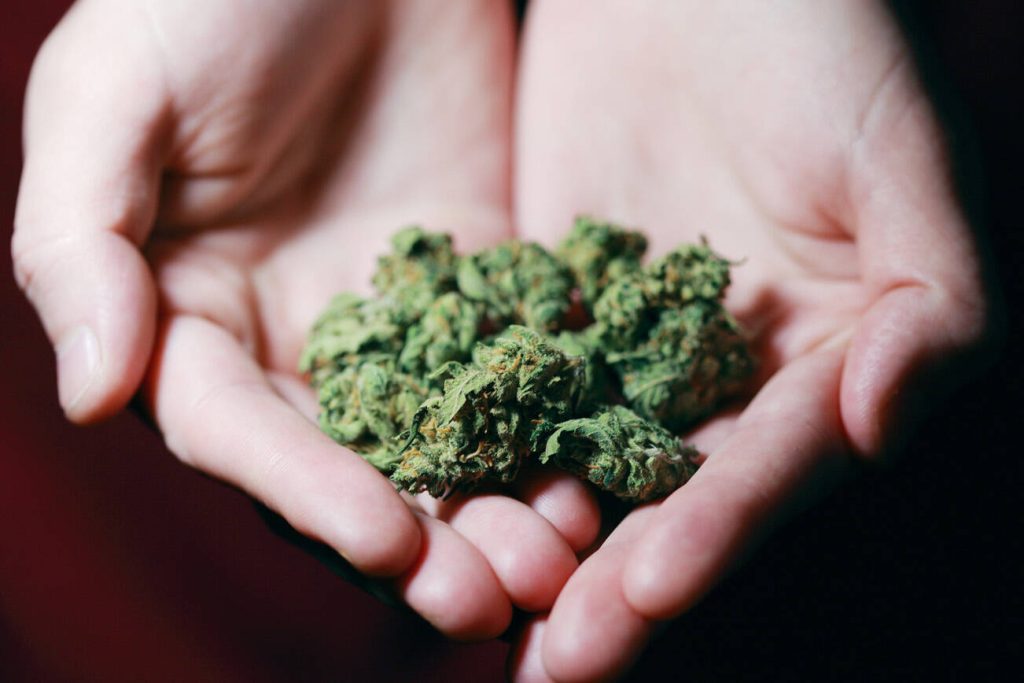The cannabis market is experiencing a significant transformation with the growing popularity of THCa flower. THCa, or tetrahydrocannabinolic acid, is the non-psychoactive precursor to THC tetrahydrocannabinol, the compound responsible for the euphoric effects of cannabis. While traditionally overshadowed by its psychoactive counterpart, THCa has recently gained traction due to its potential therapeutic benefits and its legal status in some regions. This shift is changing the way consumers approach cannabis and opening new opportunities within the market. One of the primary reasons for the rising popularity of THCa flower is its unique legal status. In many areas where THC remains restricted or illegal, THCa is not classified as a controlled substance. This has allowed vendors to legally sell THCa flower as a hemp product, provided it contains less than 0.3% THC. Consumers in states or countries with strict cannabis regulations are drawn to THCa as it offers a legal alternative that still provides some of the plant’s benefits. This legal loophole has made THCa flower particularly attractive to those seeking the psychoactive effects of THC without the legal risks.

Beyond its legal advantages, THCa flower is also being recognized for its potential health benefits. Unlike THC, THCa does not produce psychoactive effects when consumed raw, making it appealing for those who want to experience cannabis’s medicinal properties without getting high. Preliminary research suggests that THCa may have anti-inflammatory, neuroprotective, and anti-emetic properties, among others. These potential benefits have sparked interest among medical cannabis users who are looking for alternative treatments for conditions such as chronic pain, arthritis, and nausea. As more consumers become educated about the distinct properties of THCa, its use as a therapeutic agent is expected to grow, further driving demand. The rise of THCa flower is also influencing the broader cannabis market by diversifying the types of products available to consumers. Traditional cannabis products have typically focused on maximizing THC content, but the demand for THCa is shifting this focus. Growers are now cultivating strains specifically designed to have high THCa levels while keeping THC content within legal limits.
This has led to the development of new strains and products that cater to a wider range of consumer preferences. Additionally, thc a wholesale flower is appealing to a more health-conscious demographic, including those interested in the benefits of raw cannabis or in microdosing. This trend is pushing the industry to innovate and offer a more diverse selection of products. In conclusion, THCa flower is rapidly transforming the cannabis market by offering a legal alternative to THC-dominant products, presenting potential therapeutic benefits, and driving innovation in product development. As awareness of THCa grows, it is likely to continue reshaping consumer behavior and industry trends. This transformation is indicative of the broader evolution within the cannabis market, where legality, health, and product diversity are becoming increasingly important factors. The rise of THCa flower is just one example of how the cannabis industry is adapting to meet the changing needs and preferences of its consumers.
